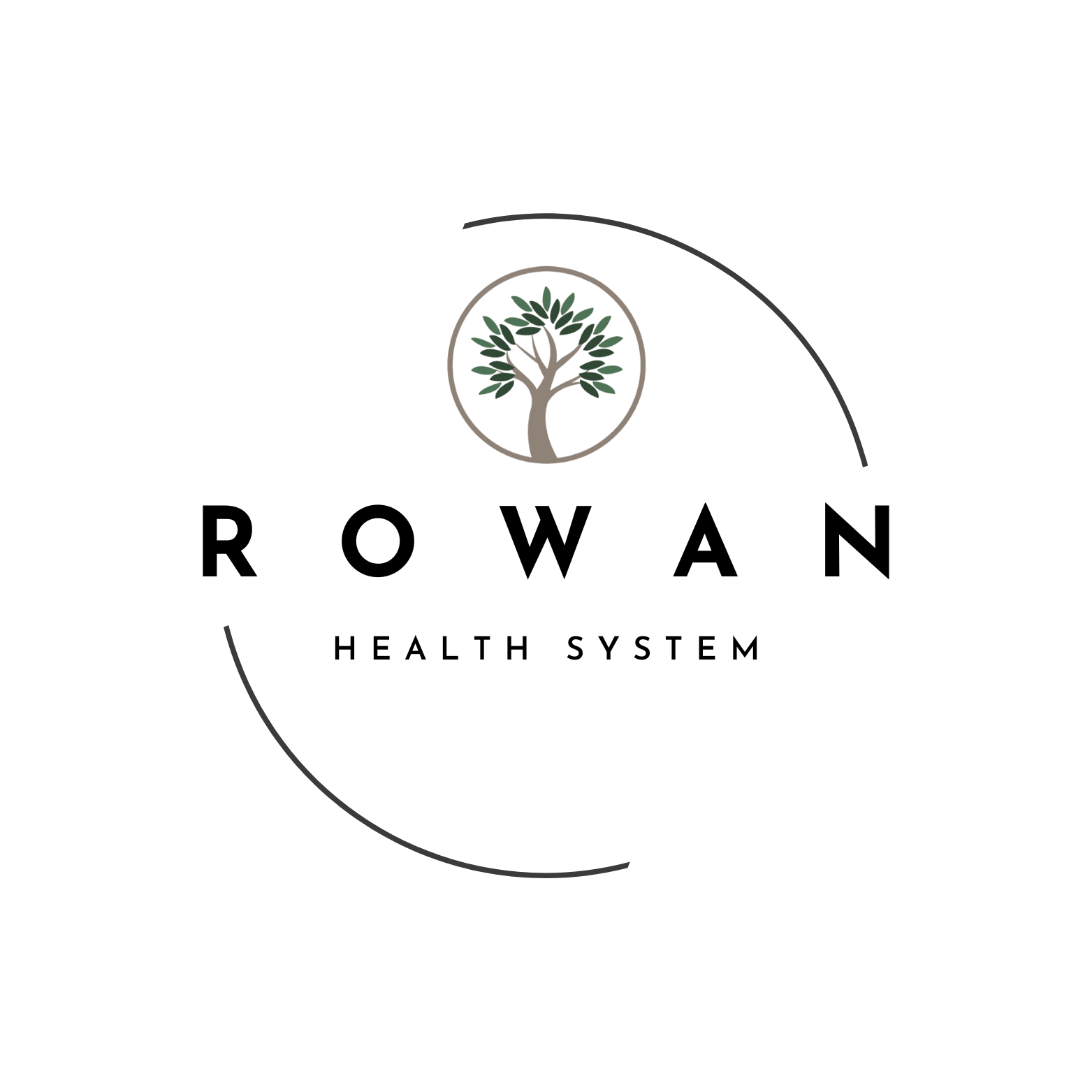Introduction to Developmental Milestones
The journey of parenting is filled with countless moments of joy, curiosity, and sometimes, concern. One of the most common questions new parents ask is, “Is my child developing normally?” Understanding and tracking developmental milestones is crucial for parents who want to ensure their children are reaching age-appropriate physical, emotional, and cognitive benchmarks. This guide provides an in-depth look at these milestones to help you navigate your child’s development confidently.
Physical Milestones: A Timeline for Gross and Fine Motor Skills
Physical milestones are the observable stages of physical development that children typically reach as they grow. These milestones can be divided into gross motor skills and fine motor skills:
Gross Motor Skills
Gross motor skills involve large muscle activities such as crawling, walking, and jumping. Here’s a basic timeline:
0-3 Months: Holding up the head, moving arms and legs.
4-6 Months: Rolling over, sitting up with support.
7-12 Months: Crawling, standing, walking with support.
1-2 Years: Walking independently, running, climbing stairs.
2-3 Years: Jumping, kicking a ball, riding a tricycle.
Fine Motor Skills
Fine motor skills involve smaller actions like grasping objects, drawing, and buttoning clothes. Here’s what to expect:
0-3 Months: Grasping toys, bringing hands to mouth.
4-6 Months: Passing objects from one hand to another.
7-12 Months: Picking up small items using thumb and finger (pincer grasp), clapping hands.
1-2 Years: Stacking blocks, turning pages in a book.
2-3 Years: Drawing straight lines and circles, using utensils.
Emotional Milestones: Understanding and Nurturing Your Child’s Emotional Development
Emotional milestones refer to the development of a child’s ability to experience, express, and manage emotions. Here’s a look at key emotional milestones:
Birth to 1 Year
0-3 Months: Recognizes caregivers, smiles spontaneously.
4-6 Months: Shows curiosity, enjoys playtime.
7-12 Months: Exhibits stranger anxiety, shows affection for familiar people.
1-3 Years
1-2 Years: Displays a range of emotions, may begin to throw tantrums.
2-3 Years: Shows independence, plays simple games, begins to understand sharing.
3-5 Years
3-4 Years: Expresses a wider range of emotions, develops friendships.
4-5 Years: Shows empathy, understands rules and consequences.
Cognitive Milestones: The Basics of How Your Child Learns and Thinks
Cognitive milestones involve the development of intellectual abilities and thinking skills. Here’s a general timeline:
Birth to 1 Year
0-3 Months: Follows objects with eyes, shows curiosity about surroundings.
4-6 Months: Recognizes familiar faces, explores objects with mouth.
7-12 Months: Understands simple words, begins problem-solving through trial and error.
1-3 Years
1-2 Years: Begins to understand cause and effect, recognizes names of familiar people and objects.
2-3 Years: Engages in pretend play, follows simple instructions.
3-5 Years
3-4 Years: Understands time concepts (morning, night), asks “why” questions.
4-5 Years: Counts to ten, recognizes some letters and numbers, understands basic stories.
Tracking Your Child’s Milestones: Tips and Tools for Parents
Monitoring your child’s progress doesn’t have to be overwhelming. Here are some practical tips and tools:
Keep a Developmental Diary
Documenting your child’s milestones can help you track progress and identify any areas of concern. Note the dates when your child first achieves each milestone and any observations about their behavior.
Use Developmental Checklists
Developmental checklists, often available through pediatricians or child development websites, provide a structured way to monitor your child’s growth and identify any delays early on.
Regular Pediatric Check-Ups
Regular visits to your pediatrician are essential for professional assessments of your child’s development. These check-ups allow for timely intervention if any issues arise.
Signs of Developmental Delays: When to Seek Professional Advice
While every child develops at their own pace, certain signs may indicate developmental delays. Here are some red flags to watch for:
Physical Delays
Not rolling over by six months.
Not sitting without support by nine months.
Not walking by 18 months.
Emotional Delays
No smiling by three months.
No interest in interactive games by one year.
Excessive tantrums beyond age three.
Cognitive Delays
No babbling by 12 months.
No single words by 16 months.
No two-word phrases by 24 months.
If you notice any of these signs, it’s important to consult with your pediatrician or a child development specialist for further evaluation and guidance.
Conclusion: Encouraging Healthy Growth
Understanding and tracking developmental milestones is a valuable tool for ensuring your child’s healthy growth. By staying informed and proactive, you can support your child through each stage of their development and address any concerns early. If you have any questions or need professional advice, don’t hesitate to contact Rowan Health System at 818-446-2522. We’re here to support you and your child every step of the way.
Book an appointment with us today
Featured posts
The Connection Between Allergies, Respiratory Conditions, and Neurodevelopmental Disorders: An In-Depth Analysis
Neuropsychology and Immunology
Understanding Anxiety Disorders: Symptoms, Management Strategies, and Treatment Options
Adult Psychology
Understanding and Tracking Developmental Milestones: A Comprehensive Guide for Parents
Developmental Pediatrics
The Battle of the Bite: Winning Over Picky Eaters
Nutrition
Related posts
Our latest posts and news
At Rowan Health System, we offer a wide range of specialties to address your specific physical and mental health needs.

Understanding and Tracking Developmental Milestones: A Comprehensive Guide for Parents
Is my child developing normally?
May 17, 2024
Developmental Pediatrics

The Interdisciplinary Journey: Transforming Lives for Children with Developmental Disabilities
Let's explore early intervention and interdiciplinary care
May 3, 2024
Developmental Pediatrics







